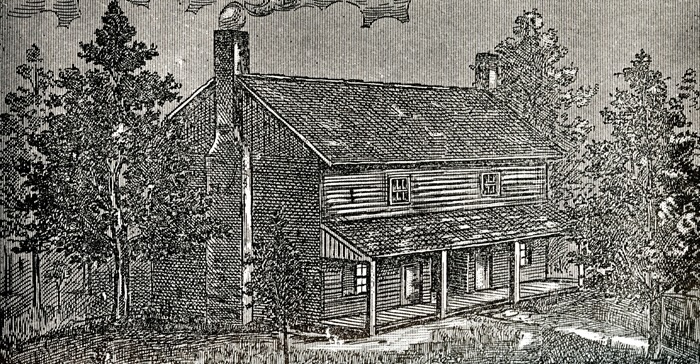Tambiah�s biography of Edmund Leach is large, and the table of contents is not very detailed. But in fact the book is broken up into titled subsections, which I�ve collated here into a perhaps-useful analytics table of contents. I...
Tambiah�s biography of Edmund Leach is large, and the table of contents is not very detailed. But in fact the book is broken up into titled subsections, which I�ve collated here into a perhaps-useful analytics table of contents. I typed it up quickly so there may be some errors, including auto-correct-induced ones.
1 Edmund Leach (1910-1989): achievements
2 Childhood and Youth
Web of KinshipFrom Public School to COming of Age in CambridgeGloomy Forebodings at CambridgeThe Gathering of StormcloudsThe Chinese Interlude3 Apprenticeship and the Second World War
Malinowski�s SeminarLeach�s Encoutner with Malinowski4 The anthropologist at work: teacher and theorist
The Career Start at LSEEarly Cambridge Years: Forging a PerspectiveThe Cambridge Don as TeacherTheoretical PositioningThe rejection of psychoanalytic interpretations and the commitment to structuralism5 �The Political Systems of Highland Burma�
The Dispute Between Leach and L�vi-StraussL�vi-Strauss�s revisions and counter-attacksKachin and Ha KachinOn the Instability of the Kachin SystemThe relation ebtween gumsa and gumlaoLeach�s closing rejoinderKachin hypogamyGumsa and Gumlao: stability-instability�The Frontiers of Burma�
The Categories: �Hill People and Valley People�The Impacy of India and ChinaThe Chinese and Indian Political Models and StructuresPolitical Interdependence of Hills and ValleysCommentaryEuropean and Indigenous conceptions of polityCritique of the search for language origins and diffusion7 �Pul Eliya�: The Challenge to Descent Group Theory
Introduction: The Issues PoisedThe Topography of the Tank VillageSummary: ideal and actual transmission of landThe kinship system and land tenureThe variga countVariga endogamy and the distribution of marriageThe nature of marriageDescent, filiation, affinityCompound groupsPaulaKinship TerminologyProperty TransmissionPatterns of Labor Coooperation in Two Different COntextsLabor teams is harvesting and threshing riceShifting cultivationThe dialectic between �statistical� and �normative� ordersSummationThe Fortestian Reply: Avoidance and Uncertainty8 �Hydraulic Society in Ceylon�: contesting Wittfogel�s thesis and Sri Lankan mytho-history
9 The Engagement with Structuralism
The comparatives stance: us and them and the translation of culturesLeach on �virgin birth�Spiro�s Counter-FormulationsThe argument from the Christian evidenceThe correspondence on the submission of Leach and SpiroCoda11 The Structural Analysis of Biblical narratives
12 Anthropology of Art and Architecture
�Melchisedech and the Emperor��Michaelabngelo�s Genius��The Gatekeepers of Heaven�13 Individuals, Social Persons, and Masquerade
Ritual Action and the Presentation of SelfGifts and Debts as Negotiated Transactions14 Leach and L�vi-Strauss: Similarities and Differences
The battleground of kinshipAttrraction and AffinitiesTransformational TranscriptionsPhilosophical Divergences15 �A Runaway World?�
Discussion on the BBC by Medawar, Macintyre, and LeachThe reaction of the public at largeA bouquet from an establishment friendPostscript16 British Anthropology and Colonialism: challenge and response
The Expansive Phase of British Structural FunctionalismThe Critique of Anthropology in the Late Colonial EraPersonal Accounts of Field Research in British Colonies: Meeting and Muting the Charges of Radical CriticsThe impact of the war on Leach�s Work in the Kachin HillsThe ethnographic contributions of colonial administrators17 Retrospective Assessment and Rethinking Anthropology
A polemical parting shotRethinking Ethnographic Writing18 The Work of Sustaining Institutions: Provost of King�s College (1966-1979)
Fellow and President of the Royal Anthropological InstituteReturement, Retrospection, and Final Illness
The Impact of Social Class and Nationality on British AnthropologyIllness






